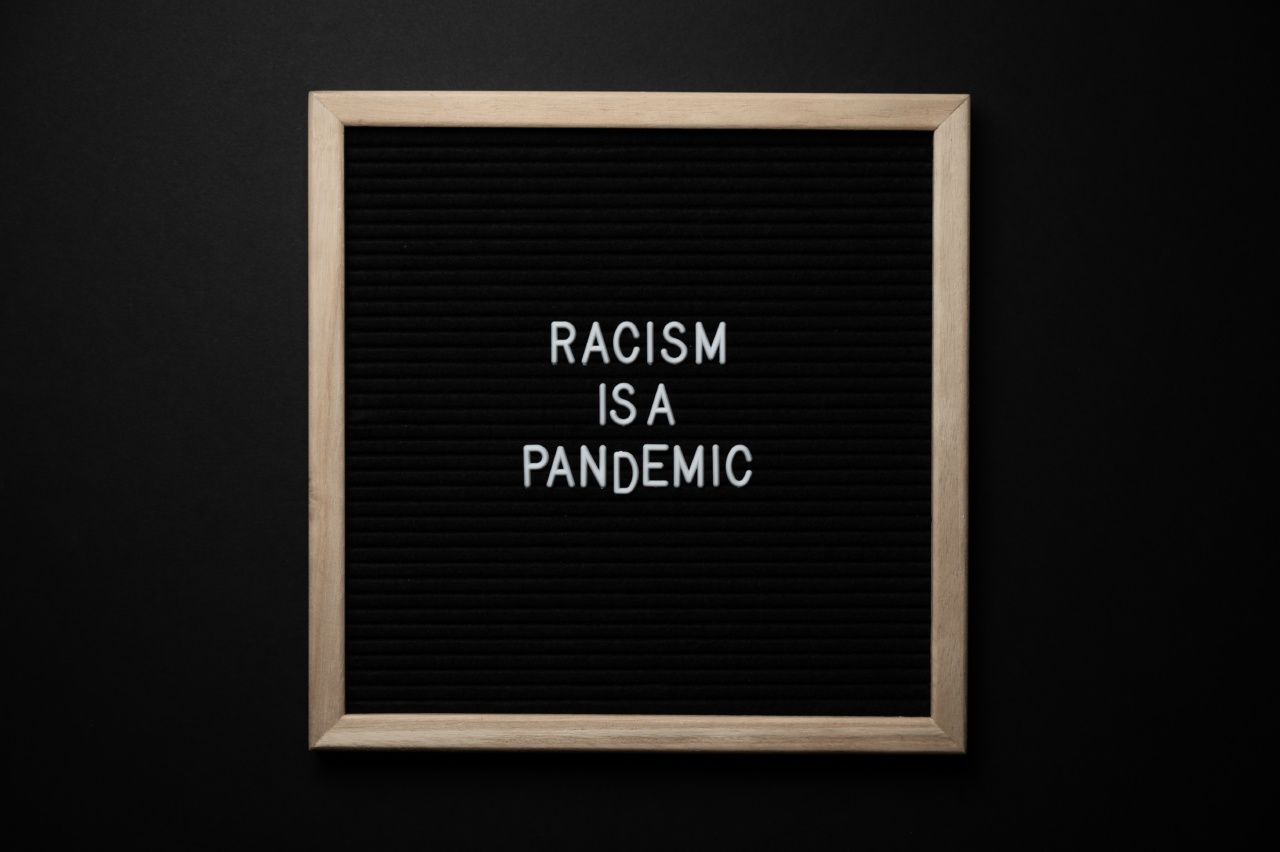Nervous anorexia, also known as anorexia nervosa, is an emotional disorder characterized by an intense fear of gaining weight and an extreme restriction of food intake.
It is a serious and potentially life-threatening condition that can lead to complications such as heart problems, organ damage, and even death. In this article, we will go over the most common signs and symptoms of nervous anorexia and how to recognize them.
Signs and Symptoms of Nervous Anorexia
1. Dramatic Weight Loss
The most obvious sign of nervous anorexia is extreme weight loss. Individuals with this disorder will often lose significant amounts of weight in a short period of time, and will continue to lose weight even when they are already underweight.
They may also have an irrational fear of gaining weight or becoming fat, and will go to extreme measures to maintain their low weight.
2. Obsession with Food and Calories
Individuals with nervous anorexia may become obsessed with food and calories, tracking every morsel of food they consume and avoiding certain foods they deem unhealthy or fattening.
They may also develop strict rituals around food, such as cutting food into very small pieces, chewing each bite a certain number of times, or avoiding certain textures or temperatures.
3. Distorted Body Image
People with nervous anorexia may have a distorted body image, perceiving themselves as overweight even when they are dangerously underweight.
They may obsessively weigh themselves multiple times a day and avoid mirrors or other reflective surfaces because they are afraid of what they will see.
4. Withdrawal from Social Situations
Individuals with nervous anorexia may withdraw from social situations and become increasingly isolated.
They may avoid activities that involve food or socializing, and may become secretive and defensive when asked about their eating habits or weight loss.
5. Obsession with Exercise
People with nervous anorexia may become obsessed with exercise, spending long hours at the gym or engaging in other forms of intense physical activity.
This is often done as a way to burn off calories or “make up” for eating food, and can lead to physical exhaustion, injuries, and other health problems.
6. Changes in Mood and Behavior
Individuals with nervous anorexia may experience changes in mood and behavior, becoming irritable, anxious, or depressed. They may also have difficulty concentrating or making decisions, and may experience extreme mood swings.
7. Physical Symptoms
In addition to the mental and emotional symptoms of nervous anorexia, there are also several physical symptoms that can be present. These include:.
- Extreme fatigue and weakness
- Dizziness and lightheadedness
- Difficulty sleeping
- Irregular menstrual cycles or loss of menstruation
- Constipation or other digestive problems
- Cold hands and feet
- Thinning hair or brittle nails
- Yellowing of the skin
Conclusion
If you suspect that you or someone you know may have nervous anorexia, it is important to seek help as soon as possible. This disorder is serious and can be life-threatening if left untreated.
Talk to a mental health professional, physician, or other healthcare provider for guidance on how to get help and begin the road to recovery.





























